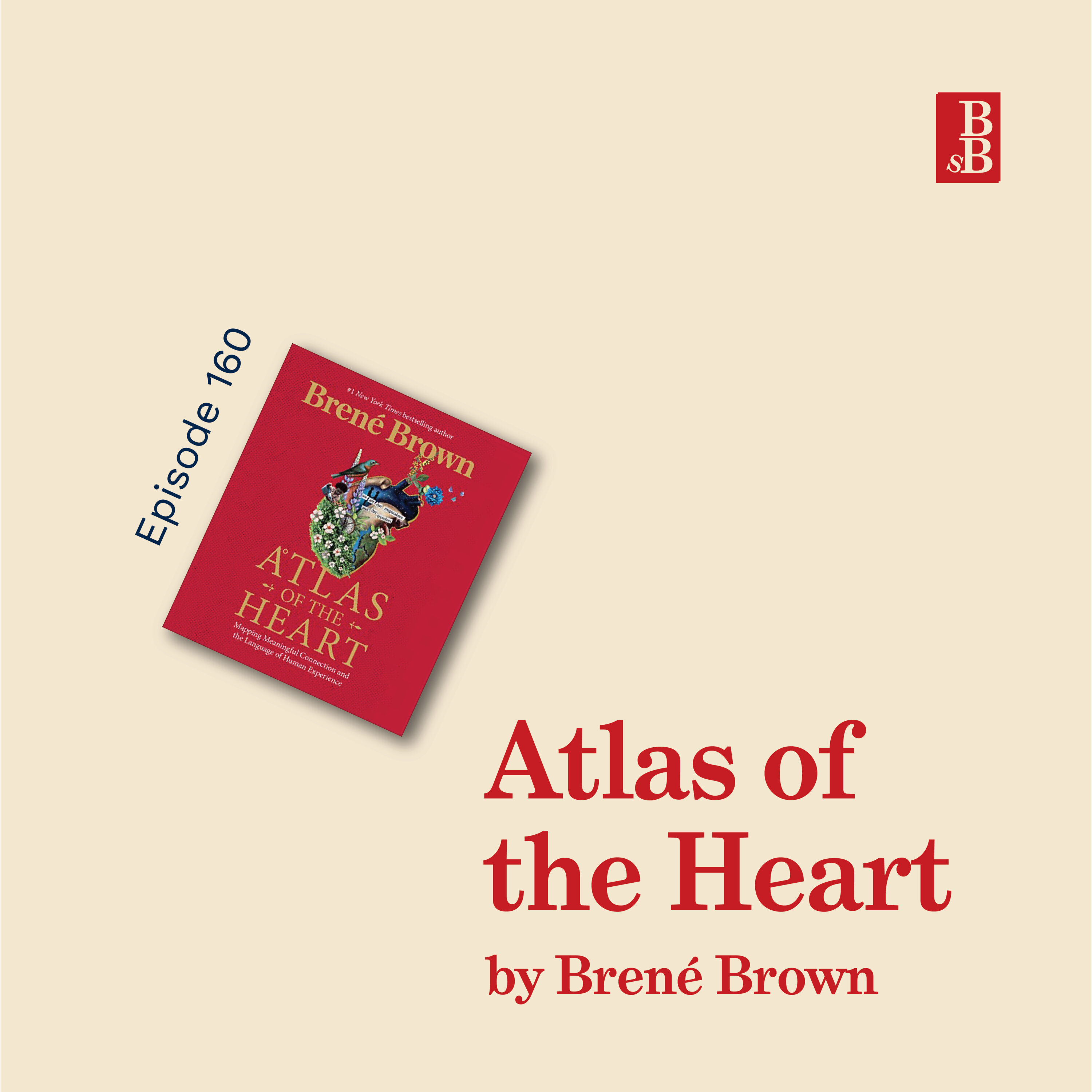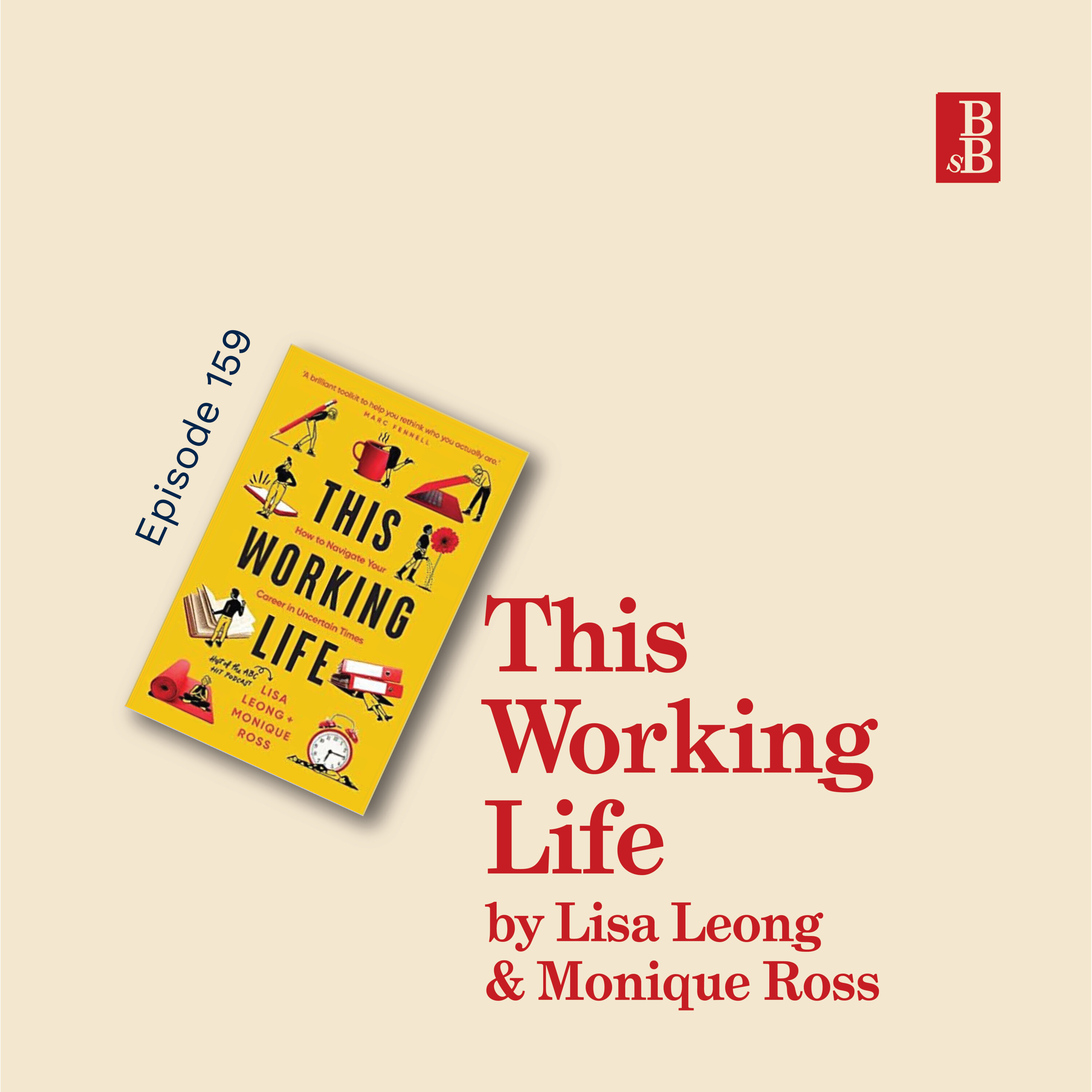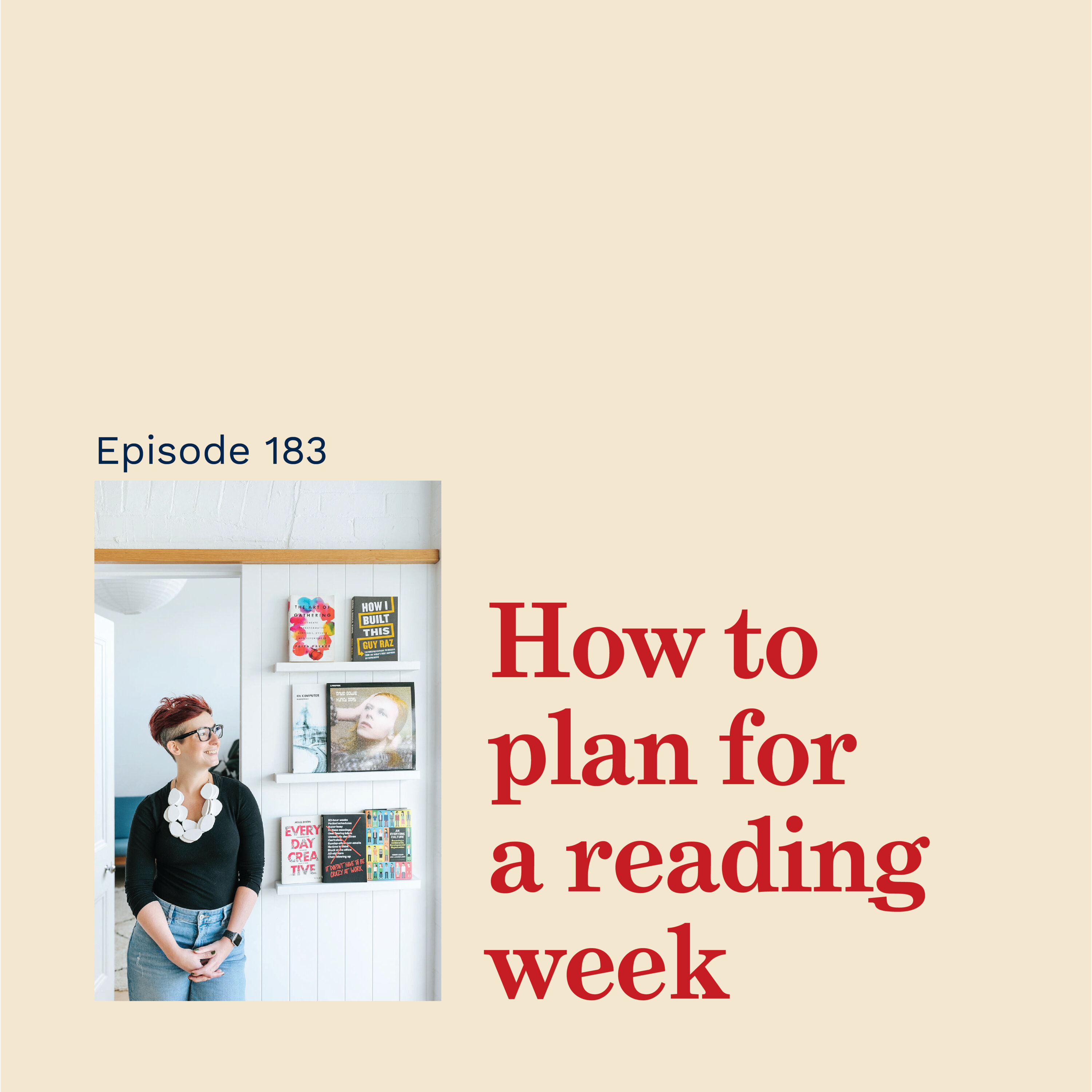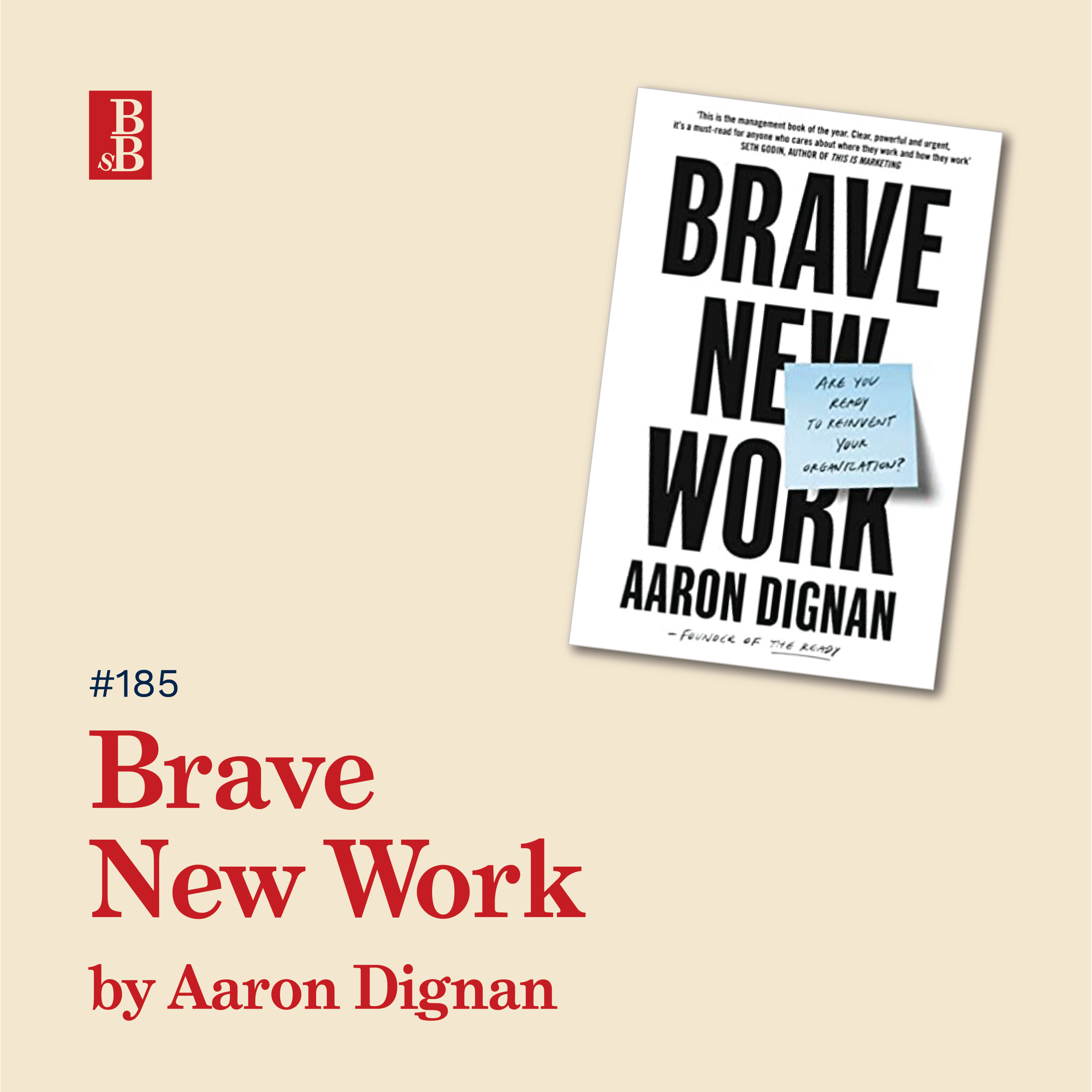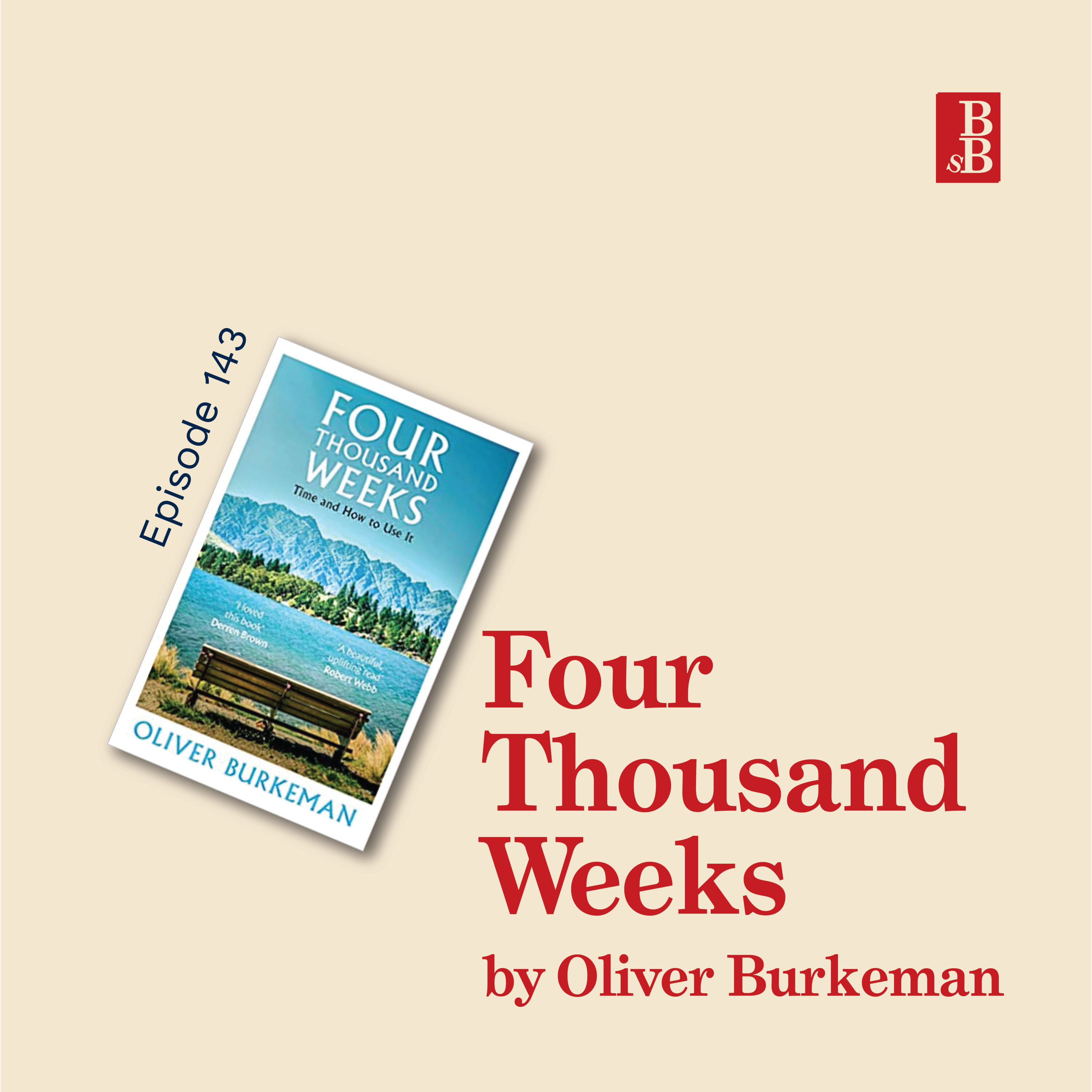Effortless by Greg McKeown - why life doesnt' need to be so hard
ABOUT THE BOOK
As high-achievers, we’ve been conditioned to believe that the path to success is paved with relentless work. That if we want to overachieve, we have to overexert, overthink, and overdo. That if we aren’t perpetually exhausted, we’re not doing enough.
Getting ahead doesn’t have to be as hard as we make it. No matter what challenges or obstacles we face, there is a better way: instead of pushing ourselves harder, we can find an easier path. Effortless offers actionable advice for making the most essential activities the easiest ones, so you can achieve the results you want, without burning out.
ABOUT THE AUTHOR
Greg McKeown has dedicated his career to discovering why some people and teams break through to the next level — and others don’t.
The definitive treatment of this issue is addressed in McKeown’s New York Times and Wall Street Journal bestseller, Essentialism: The Disciplined Pursuit of Less. As well as frequently being the #1 Time Management book on Amazon, this book challenges core assumptions about achievement to get to the essence of what really drives success.
His writing has appeared or been covered by The New York Times, Fast Company, Fortune, HuffPost, Politico, and Inc. Magazine.
Originally from London, England, McKeown now lives in Calabasas, California with his wife, Anna, and their four children. He did his graduate work at Stanford University.
Source: https://gregmckeown.com/
Big idea #1 — Effortless State
This is essentially the mindset of effortlessness. And the being of effortlessness; always asking the question, ‘how could this be easy’? Or even taking it further, as Greg does in chapter two, with the question of ‘how could this be fun?’.
It’s averting the hurried and distracted and everything-worth-doing-must-be-hard approach to life that we get trapped in. And instead being rested, at peace and focused.
The book has a whole section on rest and recovery. And the rule of rest is to never do more than you can recover from in that day or that week. So you should never do more in a day than you can recover from in a day, and never do more in a week that you, then you can recover from that week.
This way you achieve sustained effort and consistency, which can be maintained, rather than big sprints, followed by burn out; running hard and then collapsing in a heap, running really hard again and collapsing in another heap. (Admit it, you’ve done it too).
This approach might mean stopping while you’ve still got gas in the tank, rather than going to failure every single time. So you’ll need to stop pulling all nighters and instead, stop work at a sensible time each day, which means you can do good work again the next day, and the next day, rather than needing several days to recover.
Big idea #2 — Effortless action
Effortless action is accomplishing more by trying less.
It’s taking those first steps towards whatever it is you’re trying to do, reducing inevitable procrastination and overthinking. The elements of effortless action are defining what needs to happen, and what tiny step needs to happen next. Because we can’t eat the proverbial elephant all at once, we need to take a first little bite.
We can then simplify, and think about what could you not do. The simplest steps, or the easiest steps, are the ones you don’t need to take. So start from zero; how could we take out as many steps as possible from this process? There’s some good UX and UI examples of this idea in the book.
Next we need to think about how to keep moving and make progress. In the book is the concept of the ‘zero draft’. It’s not even a first draft, it’s a zero draft, it doesn’t count, it is a messy, terrible, rubbish dump of ideas that you write down. It doesn’t even have to be coherent. But by doing this you’ve starting some progress, which in turn helps you to move forward.
Big idea #3 — Effortless results
This is the ability to achieve and replicate effortless results again and again, through some kind of consistent and maintainable systems.
The elements of effortless results include learning; with real focus on learning principles or mindsets and mental models that allow you to make easy decisions over and over again, without having to over analyze everything every single time.
The next element is lift, using leverage such as teaching to accelerate your own learning, but also spread knowledge so others can help you achieve the results, or help them achieve their results.
The next element is automation, freeing up your brain space and time by using the tools available such as automated transfers to savings accounts, food preparation or delivery, or even your toilet paper subscriptions. Something that you just don’t want (or need) to think about doing every time it needs doing.
Next is trust, which Greg talks about as the ‘oil for frictionless relationships’. And then finally in effortless results is prevention. Investing time, maybe some money, up front to avoid something happening later. Especially if that could happen over and over again.
Consider supporting the podcast with your next book purchase. Save the Steph’s Business Bookshelf affiliate stores for Book Depository (Global) or Bookshop.org (US) in your browser.
Support my book habit: https://www.buymeacoffee.com/stephsbookshelf
See omnystudio.com/listener for privacy information.
Hey, have you subscribed to the bookmark newsletter? If you liked this, you might like my twice-monthly email with book reviews and ideas of what you should be reading, and listening to, next. Click here to subscribe.













